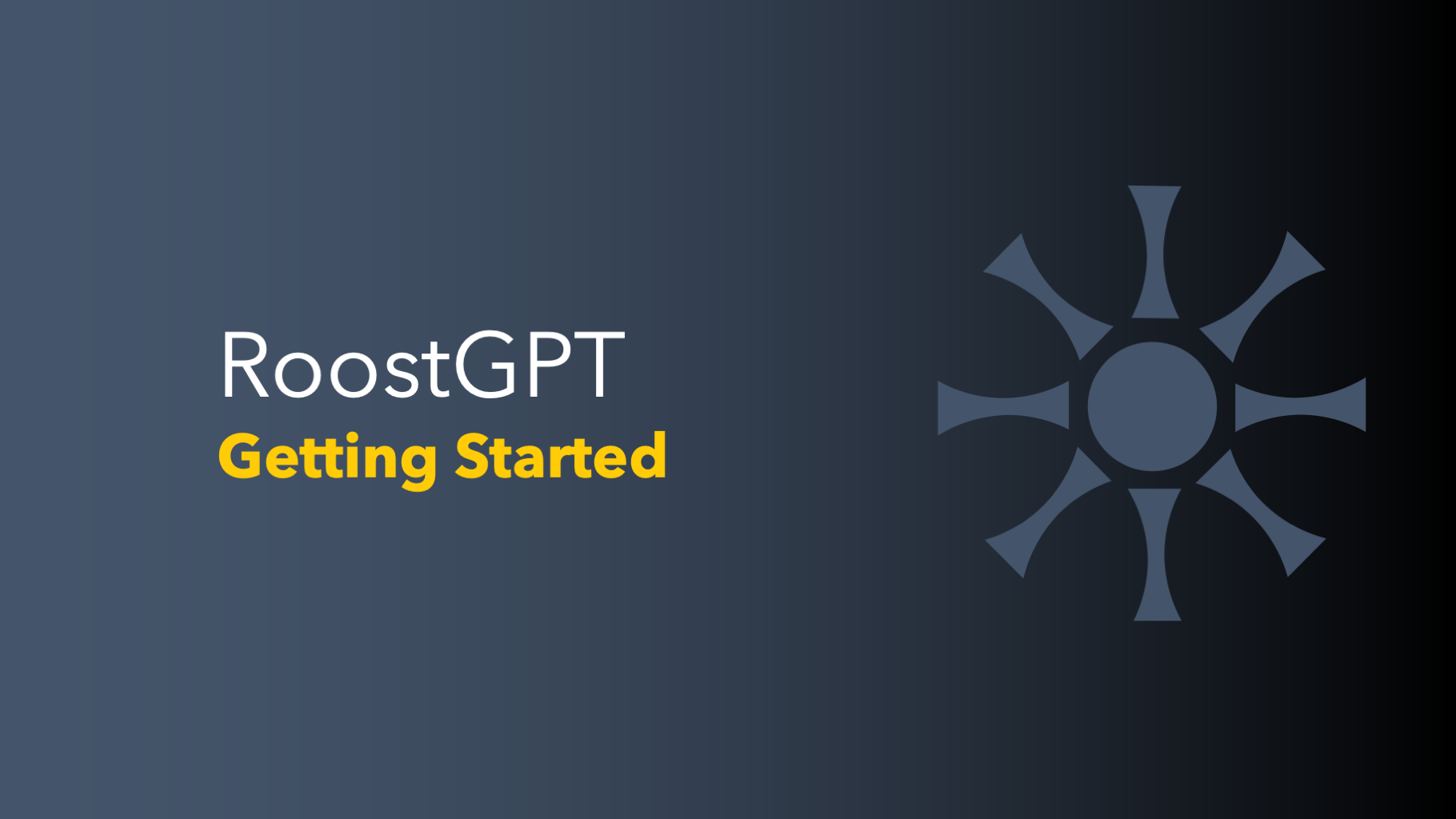<< Previous Edition: Enhance your code security by leveraging RoostGPT.
The shift from treating our code as "pets" to seeing it more like "cattle" has really stirred up some interesting conversations. It's like we're standing at a crossroads where innovation tears down the old to make way for the new.
Remember when software began to "eat the world"? We all cheered, until we realized that some of us might just end up being part of its diet.
The Irony of Technological Advancement
It's a bit ironic, isn't it? Once, we might have looked down on blue-collar workers for striking, thinking if only they'd studied more, they wouldn't be in such a spot. Yet now, even those who have diligently pursued education could find themselves upended by technological advances.
This illustrates how disruptions, by their nature, are impartial. While rain might derail your day's plans, it can bring unexpected profits to an umbrella seller. It underscores the idea that privileges are transient, and the tides of fortune can shift at any moment.
Embracing innovation is the most effective way to progress. Consider how you might enhance the impact of innovation. Focus on maintaining the efficiency and security of your generated code. Aim to guide the process towards achieving precise outcomes with minimal iterations. Explore methods for thoroughly reviewing machine-generated artifacts.
Looking Ahead: The Continuous March of Innovation
Considering an alternative perspective, it's worth questioning the necessity for code and test cases to be human-readable. Why not organize them in non-human-readable formats like Avro or Parquet? It's interesting to note the middle ground found in bytecode, which Java's success helped popularize. However, as we move into the next phase of innovation, the need for such compromises might diminish.
The key point is that this journey of innovation is far from over; it's just beginning. As this relentless wave of innovation presses on, it will continue to introduce improvements and efficiencies at every turn, regardless of the inconveniences it may cause.
Conclusion
The shift from "pets" to "cattle" in how we manage code is more than just a technical discussion; it's a metaphor for the broader transformations happening in the tech world. As we engage in these conversations, it's crucial to keep an open mind, question our assumptions, and embrace the changes that come our way. By doing so, we position ourselves to navigate the future of technology not just as spectators but as active participants shaping its direction.
>> Next Edition: The Mixed Bag of our failure in capturing tribal Knowledge



